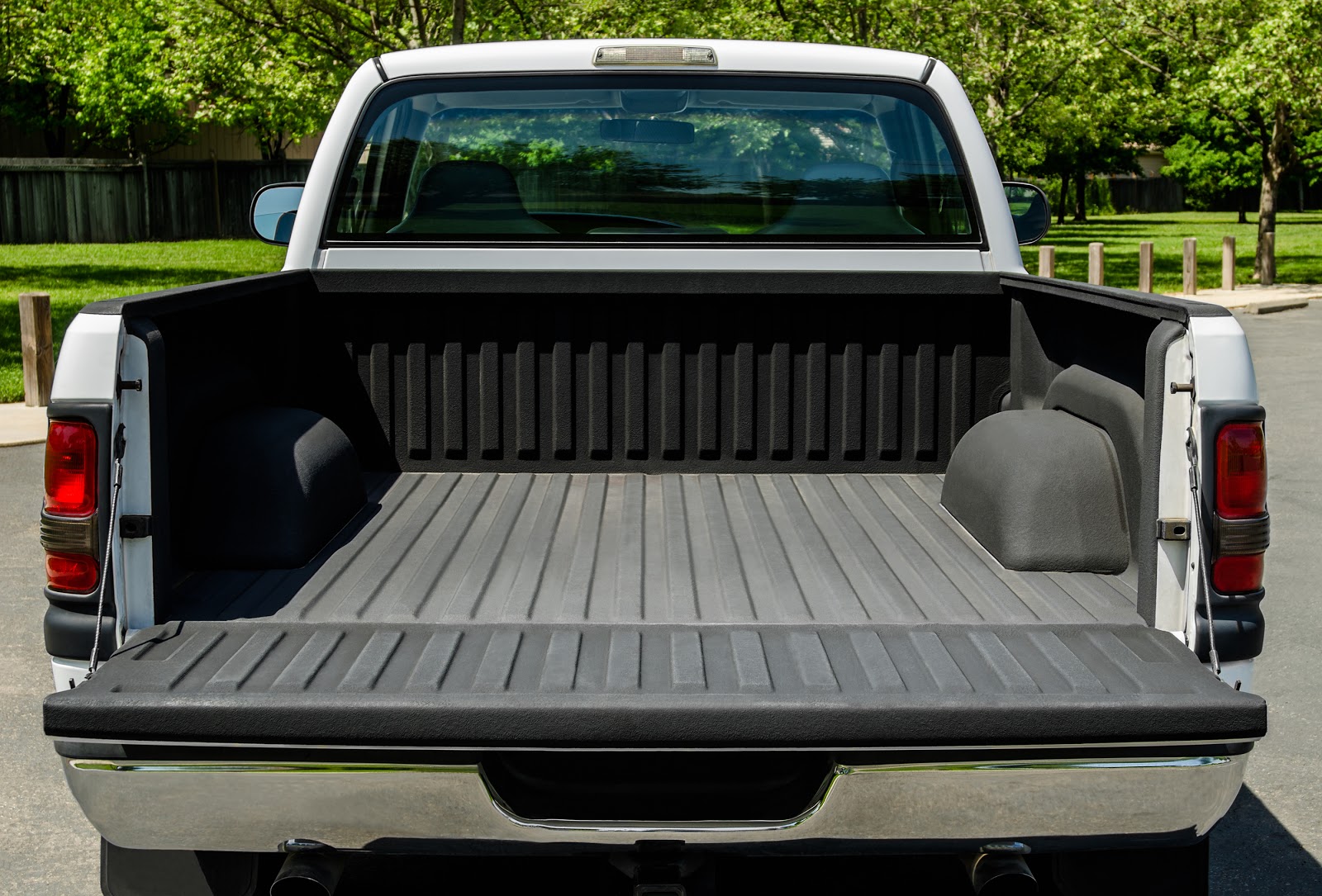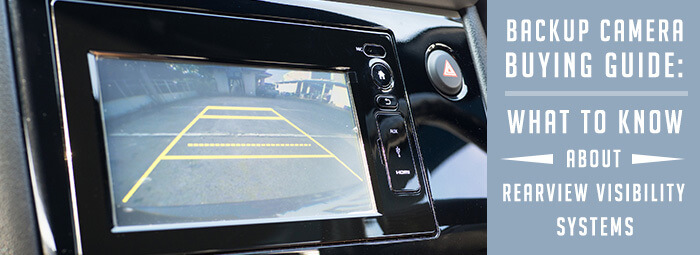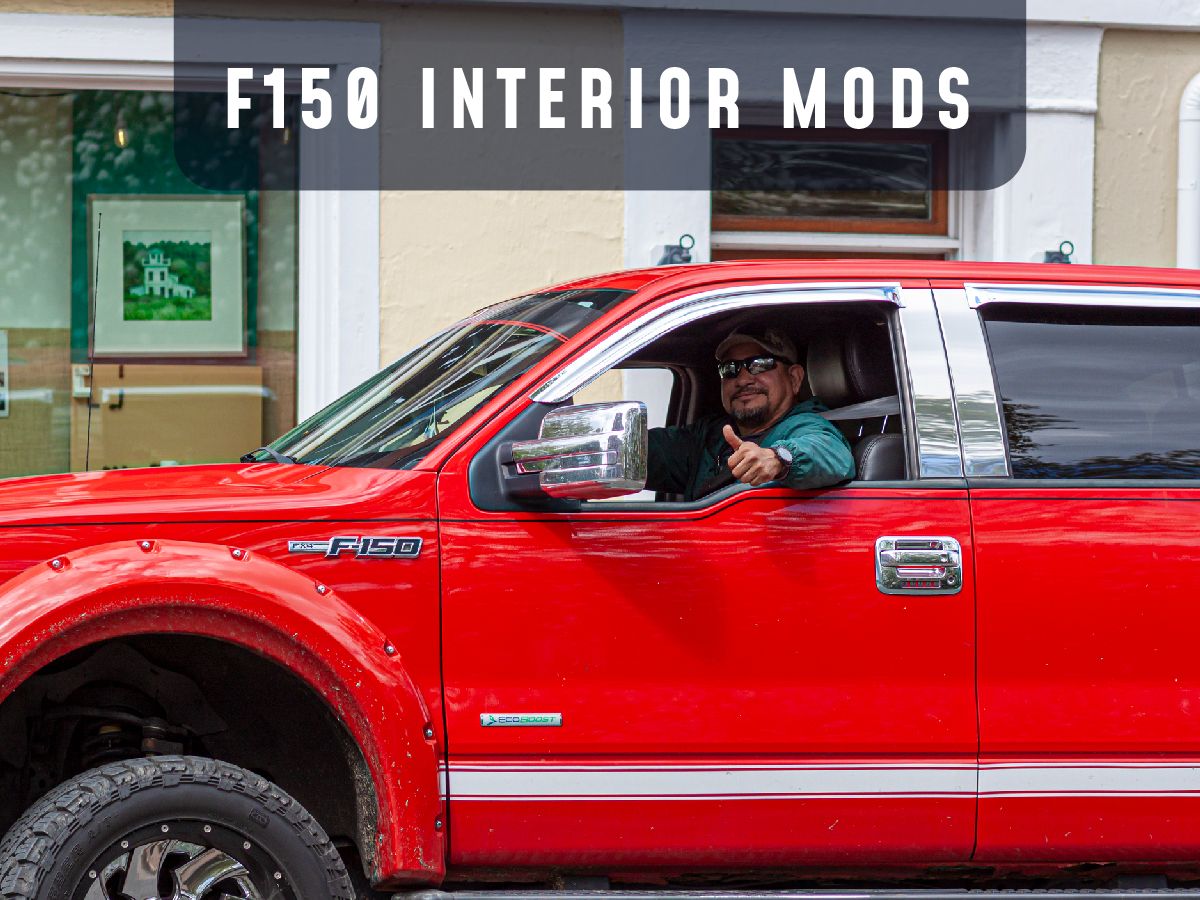Shopping for a used pickup truck can be exciting, however, the process itself -- the sticker shock, test drives, and haggling -- can also be tiring. Whether you’re a value shopper looking for the best used trucks under $10000 or an off-road enthusiast seeking a rugged 4x4 model, there are many factors to consider before you shell out any cash. After all, nobody wants to be stuck with a lemon. Understanding what to look for beforehand will help you shop smarter rather than harder.
The Basics -- Learning the Language
Let's start with the fundamentals. While seasoned truck pros may be familiar with truck lingo, some terminology can be confusing for those new to pickups -- especially when comparing vehicles . There are many types of pickup trucks to choose from and the full spectrum essentially boils down to three main categories: midsize, full-size, and heavy duty. Furthermore, each manufacturer will have its own categorical branding for truck bed length, pickup class, and cab size.
Find The Right Fit
Different tasks, road conditions, and hauling expectations will require vastly different types of pickups. Before you start shopping, it’s important to understand exactly how you plan to use this vehicle. Selecting a general size or class of vehicle is a solid first step.
How many passengers will you need to accommodate? If you only need space for the occasional co-pilot, a basic regular cab or “short cab “ model will be sufficient. Larger families and carpoolers will need an extended cab or even a “supercab” model for comfort and convenience.
Today, most trucks come with two or three truck bed lengths to choose from: short, standard, and long. If the heaviest cargo you’ll be transporting is basic sporting equipment or the weekly grocery haul, a short or standard bed will do the trick. However, those with bulkier cargo may need a standard bed, if not a long bed, for practicality. Aftermarket accessories may also factor into this decision for some individuals. For example, some hunters and recreationalists may want to use a slide-in camper on outings, the dimensions of which will require a specific size of truck bed.

The payload capacity, as we explained in a previous post, “is the maximum weight a vehicle can carry in both the cab area and truck bed. It includes passengers, cargo, and at times, the “tongue weight,” or the portion of the trailer that weighs on the trailer hitch. This number does not determine tow capacity, but it does affect it.” Exceeding the payload capacity of the vehicle can result in damage and injury.
Know Your Limits
As is the case with payload capacity, if you plan on towing, you’ll need to keep in mind the weight of your fully loaded trailer while you are shopping. The maximum towing capacity refers the to maximum weight a truck can safely tow. These specifications can usually be found in the owner’s manual. Today, many half-ton trucks will be more than enough for lighter towing needs. For example, newer regular cab half-ton F-150s have a 13,200 pound towing capacity. Anyone who routinely needs to tow shipments larger than this may need a heavy-duty model. Either way, it’s important understand your exact towing needs upfront. Exceeding cargo and towing specifications could have expensive and even dire consequences. Learn more about payloads and towing here.
Don’t Go Overboard
Depending on your climate, hauling expectations, and other factors, you may prefer the benefits of one type of drivetrain over another. As we noted in this post: “Most people prefer 4-wheel drive tow vehicle. It’s a necessity if you trailer off-road. A front-wheel drive system too easily sets up a driver to lose control of the vehicle’s rear.” I f you don’t plan to haul large loads or drive off-road, 4WD or all-wheel drive may not be necessary. While a 4WD or AWD system will certainly improve traction off-road and in the event of poor road conditions, these systems will greatly increase the overall weight of the vehicle. This will have a negative impact on your overall fuel economy.
Go the Extra Mile
Fuel efficiency is always an important factor to consider when purchasing a vehicle -- especially a pickup truck. Oil prices are notoriously volatile and, at the time of this writing, gasoline prices are approaching a four-year high. While an extra mile or two per gallon may seem negligible, these costs add up over the lifetime of a vehicle. A more efficient pickup truck may appear to pay for itself in fuel savings, but there is a trade off between fuel economy and power. To better approximate the fuel economy of a used vehicle, the US Department of Energy offers a free and easy-to-use fuel economy calculator for many popular makes and models.
Ask Questions
When shopping for a used pickup truck, it is imperative that you ask questions. Accident history, total number of owners, and even where the vehicle was previously registered are important pieces of information. For example, vehicles in colder and specifically snowier climates may be subjected to corrosive materials seasonally, like road salts and deicers. According to a report by AAA, de-icing agents are responsible for more than $3 billion in rust damage every year.
- Ask about the warranty or extended warranty. A vehicle covered under a warranty will offer owners peace of mind.
- Ask about service history (e.g. oil changes, filter changes). A vehicle that has been serviced regularly is often in better condition than one receiving less frequent or irregular servicings.
- Ask about the past accident history -- underlying structural damage could be expensive to repair.
- Ask whether the vehicle has been inspected by a mechanic. If not, ask if you can have a mechanic look the vehicle over. Most shops will charge a rate for a general bumper-to-bumper inspection, however, an upfront investment can highlight potential defects and anticipated future repairs down the ro ad.
- If you are dealing directly with the owner of a vehicle, ask why they are selling this vehicle. It may feel a little prying to ask but it’s actually a very natural question. The seller’s response could give you insights into mechanical issues or other motivations which could factor into the negotiation process.
Whether you are dealing with a used car salesman or a private owner, a shopper needs information to make an informed decision. An owner may be able to relay this information first-hand and a salesperson can easily access such information with a quick Carfax or similar report, but make sure all of your questions are answered to your satisfaction before you commit.
Bet on Safety
Lastly, and perhaps most important, vehicle safety cannot be forgotten about. Fortunately, the National Highway Traffic Safety Administration (NHTSA) has a helpful tool that allows individuals to easily look up pickup trucks by make, model, and even VIN number. Input the vehicle information and the tool will tell you everything from recalls and crash test ratings to investigations and customer complaints.
This brings us to a important manufacturing point: all cars, trucks, SUVs, and vans manufactured in the United States as of May 2018 must include rear view visibility systems (RVS). These backup cameras give drivers a clear field of view immediately behind the vehicle and minimize the risk of a deadly accident while reversing. Unfortunately, many used pickups, especially those manufactured well before this mandate, do not have rear view cameras. According to the Chicago Tribune, a recent “study compared rates of backing crashes for vehicles equipped with rearview cameras from four automakers with crash rates for the same models without the feature. On average, the cameras cut such crashes by 16 percent.”
When purchasing a used pickup truck, make sure you have all the knowledge and accessories. CameraSource has a wide range of backup cameras for many pickup truck makes and models.








